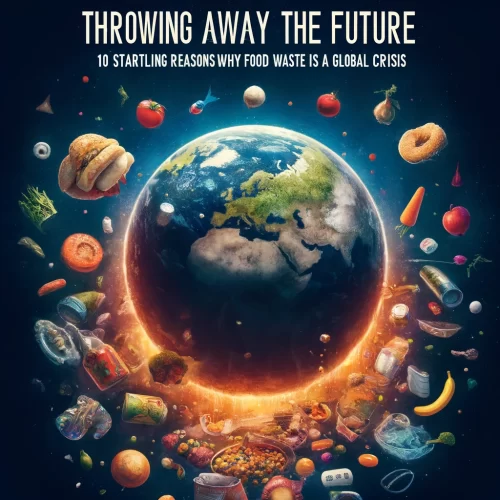The issue of food waste has escalated into a global crisis, impacting our environment, economies, and communities. With billions of tons of food wasted annually, the consequences are far-reaching and deeply concerning. Here are ten reasons why food waste is harmful, each highlighting the urgent need for change.
1. Worsens Climate Change
Food waste contributes significantly to global greenhouse gas emissions. Decomposing food releases methane, a potent greenhouse gas. Reducing food waste is crucial to fighting climate change. Surprisingly, if food waste were a country, it would be the third-largest emitter of greenhouse gases. Clearly, food waste is harmful not just locally but on a global scale.
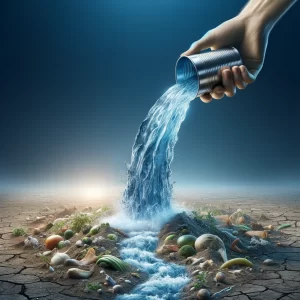
2. Squanders Water Resources
Producing food that ends up wasted uses a quarter of the world’s freshwater supply unnecessarily. This is especially alarming considering the global water crisis. By wasting food, we’re also wasting precious water resources. It’s shocking how much water is lost through food waste. Thus, reducing food waste is critical for water conservation.
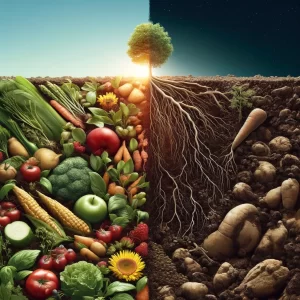
3. Depletes Soil Nutrients
Food waste harms the soil. The nutrients that could have rejuvenated the soil are lost. This results in the need for more fertilizers, which can harm the environment. Healthy soil is crucial for sustainable food production. Food waste is harmful because it undermines soil health.

4. Increases Land Use and Deforestation
More land is cleared for agriculture than necessary, contributing to deforestation. This is due to the demand for producing more food, much of which is wasted. Deforestation affects biodiversity and contributes to climate change. Reducing food waste can alleviate the need for excess land use. Therefore, food waste is harmful to our forests and ecosystems.
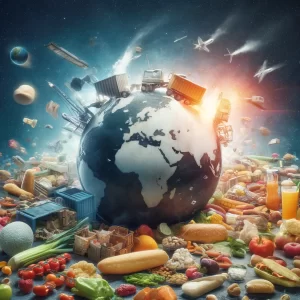
5. Wastes Energy
The energy spent on producing, processing, transporting, and storing wasted food is immense. This includes the use of fossil fuels, contributing to pollution and climate change. Energy waste is a critical issue, especially with the global push for energy efficiency. Reducing food waste means conserving energy. Hence, food waste is harmful to our energy sustainability.
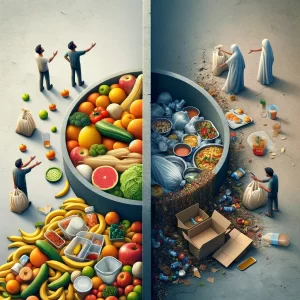
6. Contributes to Hunger
While millions go hungry, vast amounts of food are thrown away. This paradox highlights the inefficiency in food distribution. Reducing food waste could help feed the hungry. The harm caused by food waste extends to social injustice. Therefore, food waste is harmful to global hunger efforts.
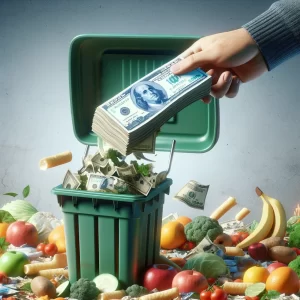
7. Economic Losses
Billions are lost annually due to food waste. This affects economies, especially in countries struggling with food security. The economic impact of food waste is harmful and widespread. Reducing waste can save resources and money. Food waste is, thus, harmful to our global economy.
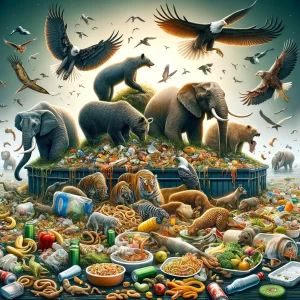
8. Impacts on Wildlife
Discarded food can disrupt local wildlife and ecosystems. Animals becoming reliant on waste for food is unhealthy and unbalanced. This can lead to overpopulation of certain species and decline of others. Wildlife harm is another reason why food waste is harmful. Preserving natural habitats starts with reducing waste.
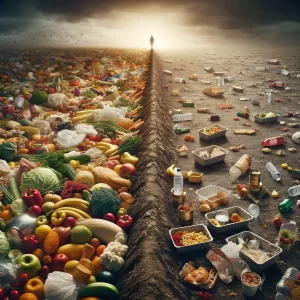
9. Social and Ethical Issues
The social and ethical implications of food waste are profound. Wasting food in a world where many are starving is unethical. Food waste highlights the inequality in food access. It’s a moral imperative to reduce waste. Clearly, food waste is harmful on a societal level.
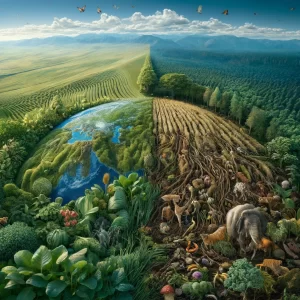
10. Reduces Biodiversity
By encouraging monoculture and excessive use of agricultural chemicals, food waste harms biodiversity. Diverse ecosystems are essential for a healthy planet. Each species plays a critical role in the ecosystem. Reducing food waste is key to preserving biodiversity. Therefore, food waste is harmful to our planet’s health.
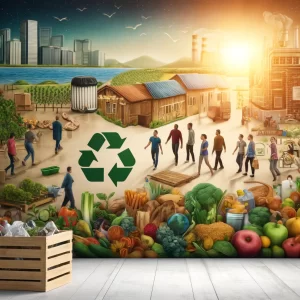
Take Action Against Food Waste
The harm caused by food waste is undeniable and affects every aspect of our planet. By understanding these impacts, we can take meaningful steps toward sustainability and responsibility. Let’s commit to reducing food waste, for our future and the health of our planet.
Read More
Rethinking Waste: The Comprehensive Guide to Recycling, Downcycling, and Upcycling
Lessons From Finland: Grocery Happy Hour Reduces Food Waste and Saves Money
Rebate Fanatic. Saving you money every time you shop online! Sign Up and Start Saving Today

